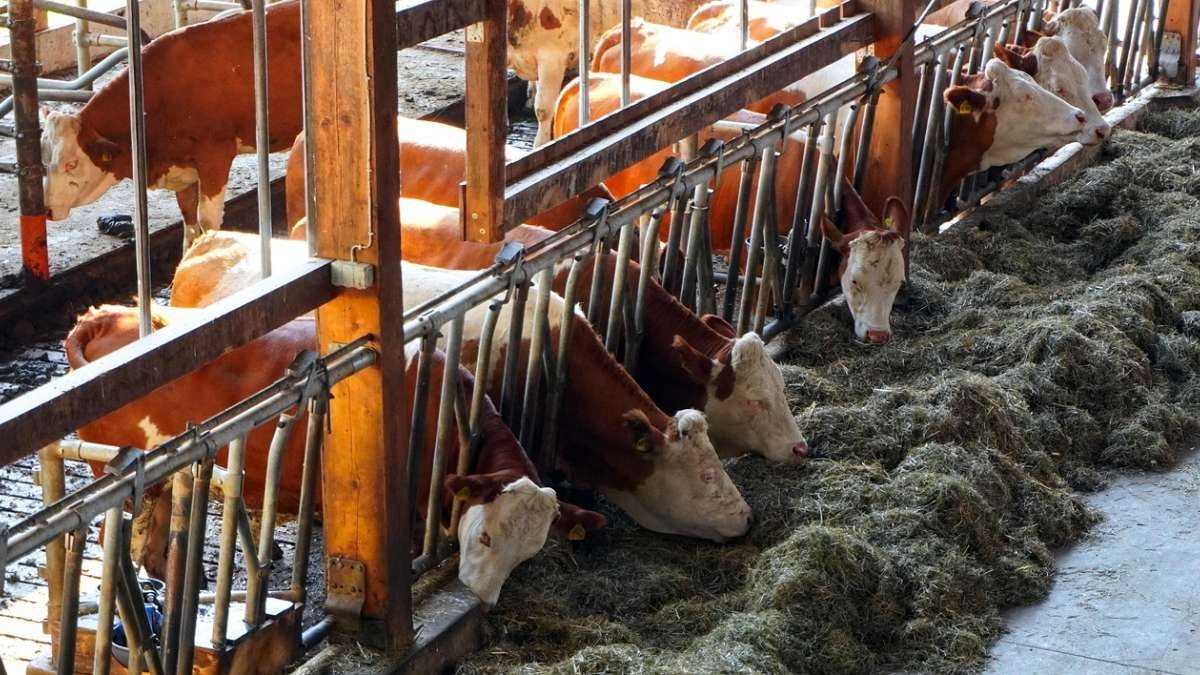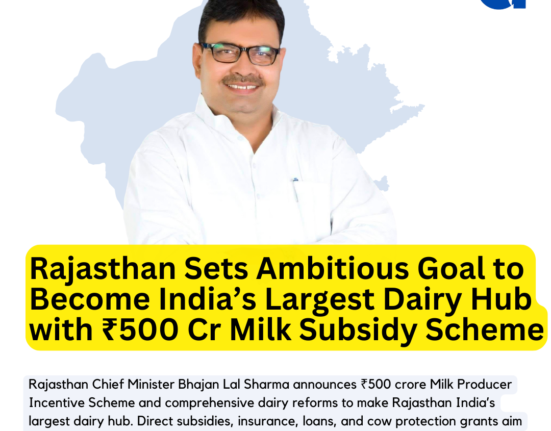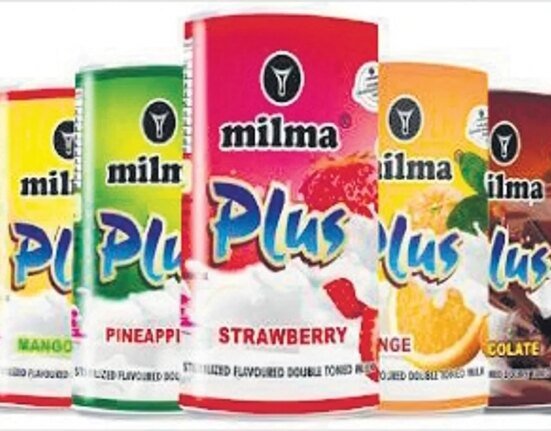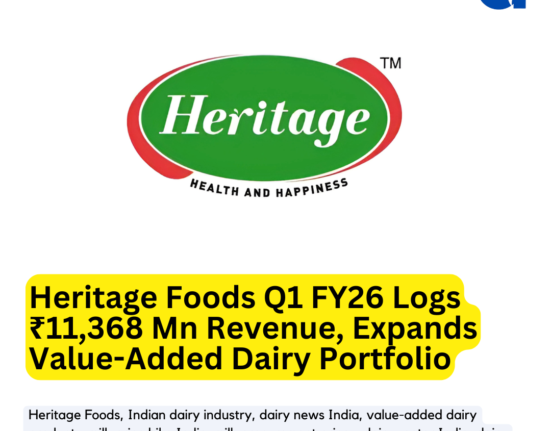India is standing its ground as Washington pushes for wider access to the Indian dairy market, with agricultural issues emerging as a key sticking point in trade treaty negotiations. Commerce Minister Piyush Goyal’s position continues to reflect New Delhi’s unwillingness to compromise on a sector vital to rural livelihoods. Former Secretary of the Ministry of Fisheries, Animal Husbandry and Dairying, Tarun Shridhar, warned that opening the market to foreign dairy products would hurt domestic producers. India currently allows limited imports, mainly lactose and albumin-based proteins such as whey, approved for therapeutic or infant nutrition needs.
Shridhar noted instances where companies sought clearance for infant nutrition ingredients due to concerns around child stunting and wasting. Such requests often receive approval due to public-health needs. Consequently, the US remains a major supplier of specialised dairy proteins to India despite tariff barriers. Washington argues that India maintains one of the world’s most protected dairy markets, with tariffs ranging from 30 to 60 per cent. India counters that these protections are essential for safeguarding cultural practices and millions of small farmers. Farm unions also object to American production systems where cattle are fed animal-derived supplements, conflicting with India’s vegetarian dietary norms, especially in religious offerings like panchamrit.
India’s dairy sector, built on the legacy of the White Revolution, continues to rely on strong cooperative structures to ensure stable farmer incomes. Under White Revolution 2.0, modernisation and genetic improvement have further strengthened the sector. India now produces nearly one-quarter of the world’s milk, contributing around 5 per cent to the national economy and supporting more than eight crore farmers. Over the past decade, production has risen by 63.56 per cent, with per-capita availability up by almost 48 per cent.
An RBI study shows that liberalising dairy imports could reduce milk prices by at least 15 per cent, leading to an annual loss of over ₹1.03 lakh crore for farmers. Such a shock would undermine rural income stability and decades of development. Given these risks, experts argue that New Delhi cannot concede ground on dairy during negotiations with the US. Protecting price security, preserving the cooperative model, and respecting cultural sensitivities will continue to guide India’s firm stance in any future agreement.







